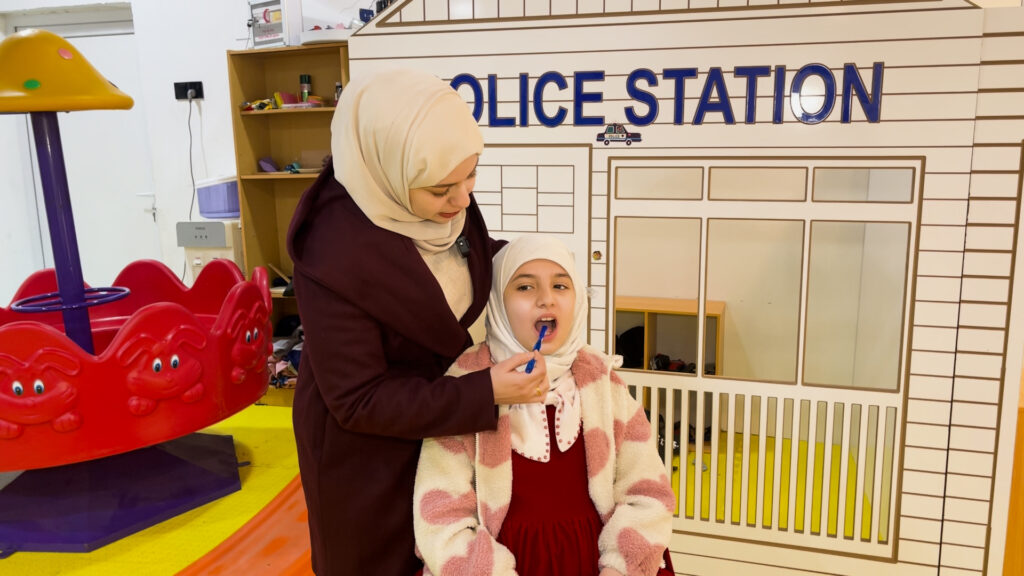Political scheming threatens Erbil-Baghdad budget deal: Finance minister

Baghdad has been sending the Kurdistan Region its budget share since January and “I imagine that it will continue,” Hussein told Rudaw TV on Monday night.
However, the financial cooperation is not universally welcomed in Baghdad, he added.
“There are parties and individuals who are against this,” he said, claiming there is a “campaign” by some in the Iraqi parliament who are opposed to the budget clause and current relations between Erbil and Baghdad.
The parliament took weeks to give its stamp of approval for the budget. Walkouts and boycotts over details of the bill caused repeated delays. President Barham Salih signed the bill into law on February 4.
Under the budget, the KRG must hand over 250,000 barrels of oil per day through Iraq’s state oil marketing company SOMO and hand over all federal revenues to the central treasury. It includes, however, measures that guarantee Baghdad will pay salaries of KRG employees even if Erbil does keep up its end of the deal.
Expectations are that Erbil won’t hand over oil this year because of its contractual obligations with oil companies and a reluctance to put pressure on its recovering economy.
A Gorran lawmaker in the Iraqi parliament, Hoshyar Abdullah, confirmed there are efforts to revise the budget.
“Today, in the Finance Committee meeting, we got into heated discussions and problems with a number of parliamentarians in the Finance Committee again over the share of the Region and attempts to cut the share that comes to the Region currently,” Abdullah said in a Facebook post on Monday.
Some committee members demanded the KRG’s budget share be cut proportional to amounts Erbil refuses to send to Baghdad, he said, specifically customs revenues received from border crossings under Regional control.
According to Abdullah, customs revenues are going into the pockets of parties, not the KRG.
“It is unreasonable that Baghdad can think of no other solution for every problem other than the salary of employees and threatening to cut them,” added Abdullah.
The committee eventually reached an agreement whereby salaries won’t be tied to KRG handing over revenues to the federal government, but Abdullah said it was crucial all revenues are fully and clearly disclosed in order to prevent the problem from cropping up again in the future.
“The Regional Government must know that the current stance of ‘I will sell my oil, not return domestic revenues to the federal treasure and Baghdad has to send me money’ will not continue,” Abdullah warned.
The situation makes it clear that the governments in Erbil and Baghdad need to engage with each other as soon as possible, said Finance Minister Hussein, saying the new KRG must be formed quickly in order to start those talks.
The Kurdistan Region’s parliamentary election was held on September 30, but the government has not been formed yet, mainly because of rivalries and disagreements over distribution of power between the two biggest parties, Kurdistan Democratic Party (KDP) and Patriotic Union of Kurdistan (PUK).
A former Gorran MP in the Iraqi parliament said public sector salaries should not be a factor in intra-party disagreements and political rivalries. Masoud Haider is currently an advisor to KDP head Masoud Barzani and has been tipped to be minister of the to-be-formed KRG’s Ministry of Federal Affairs.
Efforts to sabotage the budget deal “fall in the category of national and patriotic treason,” Haider said in Facebook post on Monday in which he accused unnamed Kurdish MPs in Baghdad of trying to undermine the KRG for their own political gain.
Kurdish rivalries are not the only factor at play.
Relations between Erbil and Baghdad have markedly improved since Adil Abdul-Mahdi stepped into the prime ministership. Hoshyar Zebari, a senior KDP member and former Iraqi Finance Minister, accused former prime minister Haider al-Abadi of trying to get back into power. One thing Abadi wants to do, according to Zebari, is cancel Abdul-Mahdi’s financial agreements with Erbil.
The current players in Baghdad, however, are confident the days of animosity between the Kurdistan Region and the rest of Iraq are over.
“I, as a deputy speaker of the Iraqi parliament, assure the people and public of Kurdistan… salaries will be sent to the cities of the Kurdistan Region just like they are sent to the rest of Iraq’s cities,” Bashir Haddad told reporters in Baghdad on Tuesday.
The parliament’s Finance Committee will meet with the directors of customs from Iraq, the Kurdistan Region, and Basra in order to clarify the problems, Ahmed Safar, who sits on the committee, confirmed to Rudaw.
“I assure our dear employees that this [budget] law will last the full year,” he said, adding they are ready to reach a final agreement over customs.
Both Erbil and Baghdad are keen to preserve their friendly ties, according to Finance Minister Hussein. Under these conditions, there is an open door for dialogue about unresolved issues.
"As long as I am here, the salaries will come," he vowed.

